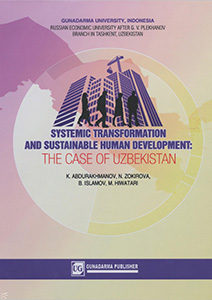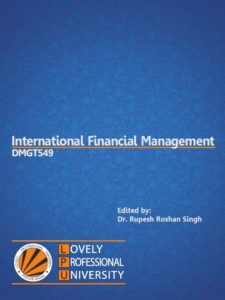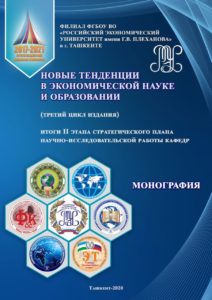 Kalandar Abdurakhmanov, Nodira Zokirova, Bakhtiyor Islamov, Masato Hiwatari. Systemic Transformation and Sustainable Human Development: the Case of Uzbekistan. Monograph – Jakarta: Gunadarma Publisher, 2016,-230 pages
Kalandar Abdurakhmanov, Nodira Zokirova, Bakhtiyor Islamov, Masato Hiwatari. Systemic Transformation and Sustainable Human Development: the Case of Uzbekistan. Monograph – Jakarta: Gunadarma Publisher, 2016,-230 pages
The monograph book deals with the research of the peculiarities of the systemic transformation and sustainable human development in Uzbekistan over the last 25 years. It studies the initial conditions in the Central Asian newly independent states as well as the economic, social and ecological challenges emerging within the subsequent transition period in comparative perspectives. Special emphasis made on the “Uzbek model”—i.e., the specific features of Uzbekistan’s systemic transformation. It considers gradual economic reforms and their positive impacts on sustainable human development and studies key trends in demographics and the workforce as well as contemporary targets for further human development in terms of education, healthcare, the environment, housing, and social protection. It also examines the roles and functions of traditional institutions and practices of reciprocity through micro-level analysis of social organization and household behavior based on Uzbekistan’s local community institution (“mahalla”) within formation of the independent state. The book assigned for the faculty and students of the universities, and wider circles of readers who are interested in the problems of systemic transformation and sustainable development as well as area studies and international economics.


